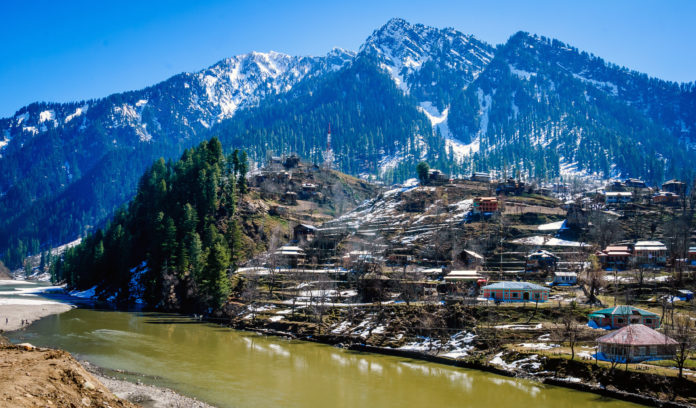In a hopes of salvaging the tension , Pakistan has decided to return to an international tribunal to settle a dispute with India over sharing waters of the Kishenganga and Ratle rivers. Pakistan had forwarded international proceedings on sharing Kishenganga’s water but lost the case in 2013 when the International Court of Arbitration “recognized” India’s rights over the river. Pakistan’s decision to go to the Permanent Court of Arbitration (PCA), was made public after talks between officials of both sides in Delhi, failed to make progress. Pakistan’s decision to move the Permanent Court of Arbitration in the case is expected to erode the established mechanism of solving disputes on river water sharing which has served both sides successfully under the Indus Waters Treaty, 1960.
“Visit of a team, led by Water and Power Secretary of Pakistan to New Delhi on July 14-15, was in response to India pointing out to Pakistan that the latter was violating provisions of the Indus Waters Treaty in rushing to a third forum without attempting to avail Treaty provisions for amicably resolving matters of mutual concern pertaining to two hydro-electric power projects on Kishenganga and Ratle,” the official spokesperson Vikas Swarup told the media.
According to experts in Pakistan, unlike the previous arbitration at the PCA which lasted from 2010-2013, Pakistan will this time around take up the issue of “design” of the Kishenganga and Ratle river projects in Kashmir.
“We intend to emphasize the design aspect of the dams which may reduce flow of waters in the lower riparian region of Pakistan,” said Najam Rafique of Islamabad’s Institute of Strategic Studies. Dr. Rafique said that Pakistan would also highlight that the previous decision of the PCA had stated that India’s right over these rivers was not “absolute” as India also has to ensure minimum flow of waters into the Pakistani part of the rivers. “Under the previous judgment India is supposed to maintain a flow of water which would be sufficient for Pakistan,” he said ( Credits The Hindu)



























